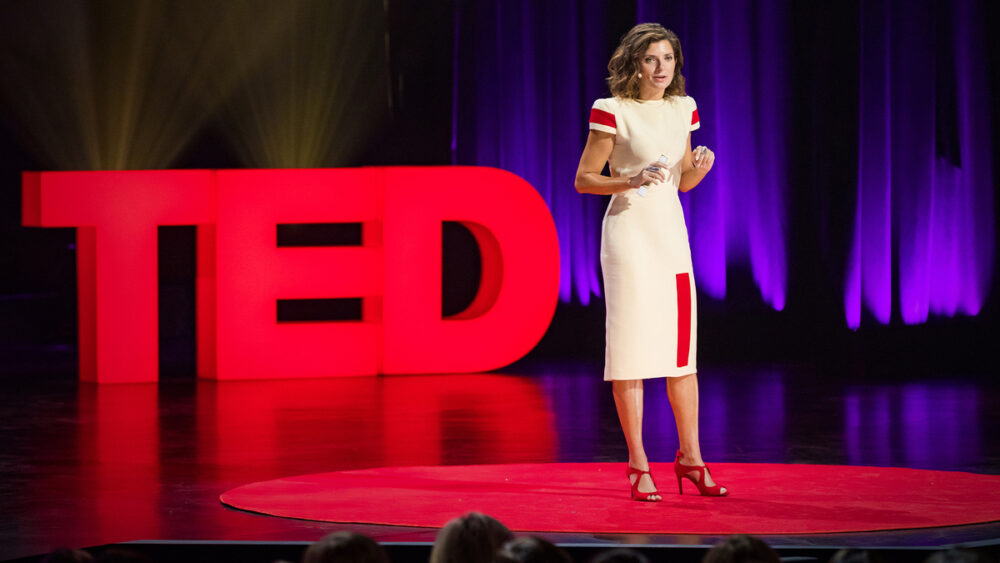Top 5 Remarkable Ted Talks That Helped Me In My Personal Development

Personal development is something that never ends until the day we die. We continue to grow with each step we take and the mistakes we make. The concept facilitates us on many levels. It might be used to raise self-awareness and knowledge along with identifying our potential. This can be seen at the base level of personal development, but as we go to higher levels, it also includes helping others and improving social situations.
For personal development, it might help to be aware of others and their lives. They can make us consider a path we have never considered or get us inspired to do more in our own story. When we think about it, our decisions, preferences, and results are all influenced by something or someone. The crucial part is making them as beneficial to us as possible.
Watching TED talks is a way for me to get inspired and learn more about different lives. These are five TED talks that I enjoyed watching and gave me different perspectives in no specific order.
- The hidden opportunity behind every rejection by Jia Jiang
[youtube https://www.youtube.com/watch?v=iwl-Pe0FbSg&w=560&h=315]
Seeing rejection as an opportunity is not something most of us consider. We generally dwell on the past and wish to do things differently. However, being rejected can teach us many things about human behaviour. Not taking things personally is a hard thing to do, despite what many of the personal development books say. Mr Jiang, who was deeply rejected by his peers in childhood, creates a brilliant solution for the fear of rejection in his adulthood. He decides to force himself to be rejected for a hundred days. His project “100 Days of Rejection” teaches us many things about rejection and it is something I will definitely try in my life.
- Why you should make useless things by Simone Giertz
[youtube https://www.youtube.com/watch?v=c0bsKc4tiuY&w=560&h=315]
In my country, Turkey, we have a saying called “İcat Çıkarma”. It is translated as ‘don’t create an invention’, but it has a deeper meaning than that. It means preventing someone from thinking differently or preventing them from creating a new approach to already established rules. The saying considers different ideas as useless. It is often said by fathers to their children. Nowadays, we are trying to break ourselves from this saying and dive into the world of innovation. Simone Giertz is an amazing person who contradicts this saying.
She is a self-taught roboticist who does, in her terms, useless things. Some examples of her inventions are a robotic arm that brushes teeth and a robot for chopping vegetables. The main thing she focuses on is not the robots, but asking questions. Often, we tend to forget the enjoyment of the process and focus on the end results. We fear failure so much that we forget some of the greatest inventions in the world come from failures and mistakes. We need more people in our world like Simone Giertz and she deeply encourages me as a stem student.
- Programming your mind for success by Carrie Green
[youtube https://www.youtube.com/watch?v=MmfikLimeQ8&w=560&h=315]
Carrie Green is a woman who started her own business at the age of 20 while going to law school. After a few years, her business expanded globally and she gets major traffic for her business website. However, she realizes that this is not what she wants to do with her life and decides to launch the Female Entrepreneur Association, a platform that connects female entrepreneurs globally. She is a person who does everything she puts her mind to, and in her talk, she asks us important questions about our goals.
Having goals is the start, but the most crucial part is asking what kind of person we should be for our goals and thinking of ways to achieve them.
- What makes a good life? Lessons from the longest study on happiness by Robert Waldinger
[youtube https://www.youtube.com/watch?v=8KkKuTCFvzI&w=560&h=315]
The longest study of happiness is conducted by Harvard University and is still ongoing since it started in 1938. During the Great Depression, scientists thought the study would shed a light on the secret of living a long and healthy life. In his talk Robert Waldinger, the current head of the study, explains the most important things they have learned from 268 Harvard sophomores and their children, grandchildren. The secret is not money or fame, but something more humane.
- The art of innovation by Guy Kawasaki
[youtube https://www.youtube.com/watch?v=Mtjatz9r-Vc&w=560&h=315]
Guy Kawasaki is a Stanford graduate who worked with Google, Apple, and Mercedes. In his TED talk, he explains ten top points about the art of innovation. The talk is great information for entrepreneurs, business owners, or people who strive for innovation. Likewise, he is an amazing public speaker to take into account if you are looking for public speech examples.